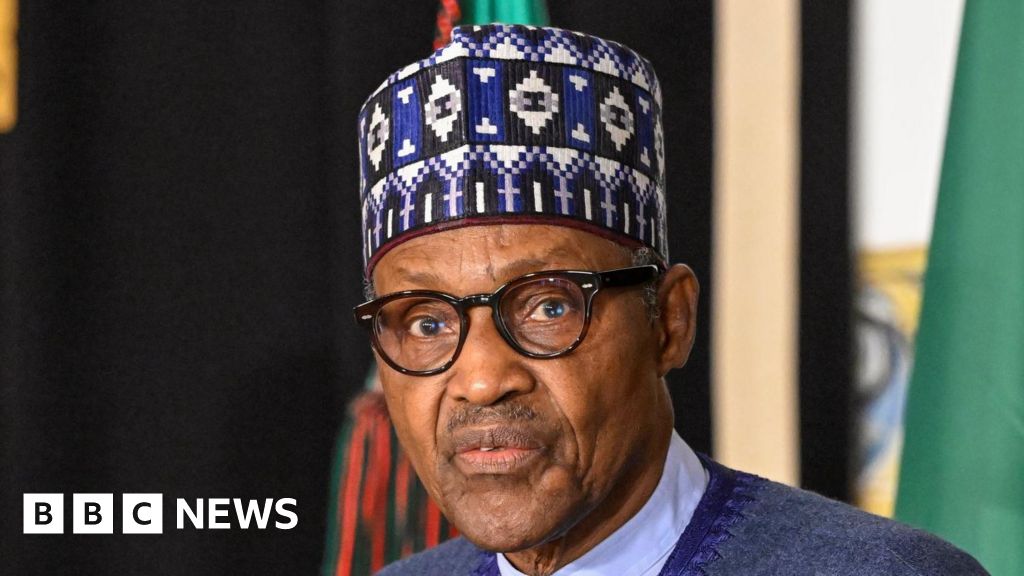Former Nigerian President Muhammadu Buhari has died at the age of 82 in a London clinic. Buhari, who served as both a military ruler and a democratically elected leader, faced numerous challenges during his time in office, struggling to fulfill the promises made to the Nigerian people. His political journey began with a military coup in 1983 and culminated in his election victory in 2015, marking a significant moment in Nigeria’s democratic history.
Buhari’s political career was marked by a commitment to personal honesty, a quality that set him apart in a political landscape often riddled with corruption. Despite his reputation for integrity, he was frequently criticized for his aloofness and lack of charisma. After three unsuccessful attempts, he achieved a historic electoral victory in 2015 as the first opposition candidate to defeat an incumbent president since Nigeria’s return to multiparty democracy in 1999. He was re-elected in 2019.
Challenges and Controversies During Presidency
Buhari garnered considerable support from the impoverished northern population, known as the “talakawa,” who believed his military background would help combat the growing threat from the Islamist militant group Boko Haram. His administration promised to address corruption and create jobs for young Nigerians, but it coincided with a significant decline in global oil prices, leading to Nigeria’s worst economic crisis in decades.
His government faced severe criticism for its handling of security issues. While campaigning, Buhari vowed to defeat Boko Haram, yet the group continued to pose a threat, with some factions now aligned with the Islamic State. Additionally, violence involving clashes between farmers and ethnic Fulani herders escalated, leading to accusations that Buhari was not taking sufficient action to quell the unrest. The abduction of hundreds of school students by armed groups in the northwest further underscored the security challenges during his presidency.
Buhari’s administration also faced backlash for human rights abuses, particularly an incident in October 2020 when armed forces opened fire on anti-police brutality protesters at the Lekki tollgate in Lagos.
A Complex Legacy
Born in December 1942 in Daura, Katsina State, Nigeria, Buhari’s early life was marked by personal loss and a strict upbringing. He joined the Nigerian Military Training College shortly after the country gained independence in 1960. His rise through the military ranks included key roles such as military governor of the northeast and federal commissioner for petroleum and natural resources.
Buhari’s first rule from 1983 to 1985 was characterized by a strict campaign against corruption and indiscipline, which led to the imprisonment of numerous politicians and business leaders. His policies, however, were also associated with human rights violations, including repression of the press and public humiliation of civil servants.
After being ousted in a coup in 1985, he spent 40 months in prison. Upon his release, he transitioned into political life, advocating for democracy and free elections. In his later years, he emphasized his “incorruptibility” and maintained a modest public persona.
Despite his earlier attempts to improve governance, many Nigerians felt disillusioned by rising food prices and unemployment during his presidency. A notable example is the price of rice, which skyrocketed from 7,500 naira (approximately $5) under former President Goodluck Jonathan to 60,000 naira within a few years, leading to widespread hardship.
Buhari’s legacy is further complicated by his declining health, which resulted in significant absences during his first term. The Nigerian people were often left in the dark regarding his fitness to govern, which raised concerns about transparency in leadership.
Married twice, Buhari is survived by his second wife, Aisha Halilu, and had ten children. As Nigeria reflects on his complex legacy, his contributions and shortcomings will continue to shape political discourse in the country for years to come.
